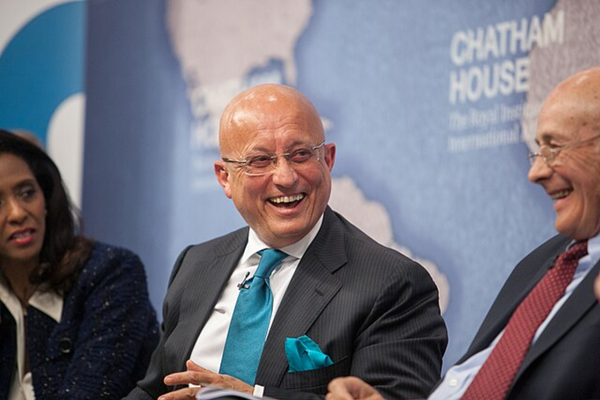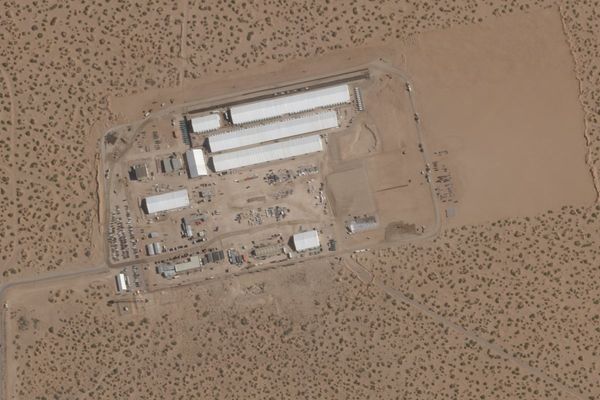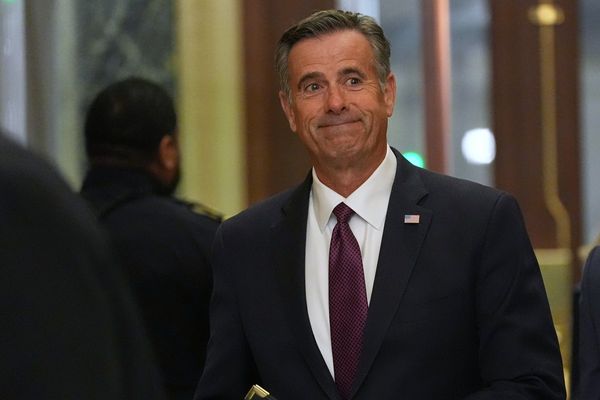August 8 is a date etched in blood. On this day in 1988, Myanmar’s military turned its guns on thousands of peaceful protesters in what is now remembered as the 8888 uprising. Although it was by no means the first or last time that peaceful protests in Myanmar have been met by military force, August 8 1988 has become totemic. It gave rise to the National League for Democracy (NLD), catapulting Aung San Suu Kyi into its leadership.
Almost 40 years later, Myanmar is ruled by yet another brutal and illegitimate military regime, which seized power in a coup on 1 February 2021, overthrowing Suu Kyi’s democratically elected government. As in 1988, the military responded to post-coup protests with extreme violence. Today, more than 22,000 political prisoners are behind bars, including Suu Kyi and elected President Win Myint. Suu Kyi, who already spent 15 years under house arrest over three periods of detention, is serving a 27-year sentence.
This junta is even more brutal than its predecessors, committing systematic human rights violations that amount to mass atrocity crimes. In its unrelenting assaults on ethnic communities and pro-democracy resistance groups, the UN’s High Commissioner for Human Rights, Volker Türk, estimates that the military has killed over 6,800 civilians.
At least four million people have been displaced by the conflict, with over 100,000 homes destroyed, alongside schools, hospitals and places of worship. The UN reports over 600 airstrikes against civilian populations in the four months since the 7.7-magnitude earthquake hit Myanmar on 31 March – the total over the past four years is exponentially higher.
Except for a decade of fragile, civilian-led democracy immediately after Myanmar gained independence in 1948, and five years of the same under Suu Kyi before the 2021 coup, the military has held direct power throughout the country’s 77-year independence. Every successive junta has killed civilians, whether through protest crackdowns or in wars against the country’s ethnic communities.
The current regime has gone further by reviving judicial executions. Military-controlled courts have sentenced at least 172 prisoners to death, including the 1988 student leader Ko Jimmy, who was executed in 2022 alongside NLD lawmaker Phyo Zeya Thaw. I had the privilege of meeting both men on several occasions, and their deaths still weigh heavily on my heart.
So, as we remember 8888, let it not only be a commemoration of Myanmar’s past tragedies. Let it also be a call to action to address Myanmar’s current crisis.
On the Thailand-Myanmar border last month, I met a group of Myanmar MPs who had been elected in 2020 but fled after the 2021 coup. One of them asked me, “Why won’t the international community help the people of Myanmar in the way they help Ukraine?” That question should trouble the conscience of policymakers in every democracy around the world.
At the very least, there should be a global arms embargo against the junta. Aviation fuel should be prohibited, and secondary sanctions placed on providers such as China and Russia, to impede the military’s capability to bomb civilians and kill children. Targeted sanctions against the regime should be tightened – not lifted, as the United States has recently done, in a move rightly condemned by the UN Special Rapporteur on Myanmar.
The elections, which junta chief General Min Aung Hlaing plans to hold, must be categorically rejected as an illegitimate charade, and the military regime brought to justice. It was never properly held to account for the 1988 massacres, and it should be made to answer for its litany of crimes, including the ongoing genocide of the Rohingya.
As we work to cut off the regime’s lifelines, the international community should provide one to the people of Myanmar. Over 45 million people in Myanmar – four out of five – live below or just above the poverty line. They need urgent assistance delivered to reach those in need without lining the pockets of the junta.
It is right to remember history, because it is only by doing so that we learn lessons and find inspiration for the future. Like all dictatorships, Myanmar’s junta would prefer that we forget 8888, and so we must commemorate this anniversary. But we must do so not only by looking back, but by helping the people of Myanmar achieve the freedom which they have so long been denied and for which they have struggled for decades.
Benedict Rogers is senior director of Fortify Rights and author of three books on Myanmar, including Burma: A Nation at the Crossroads
Could Trump’s ceasefire summit with Putin actually achieve a breakthrough?
Dire economic crosswinds mean Rachel Reeves must raise income tax
How the cut in interest rates might come back and bite us all
With its youth clubs idea, Labour might just have won the parent vote
The best tips for finding supermarket bargains: readers share their secrets







